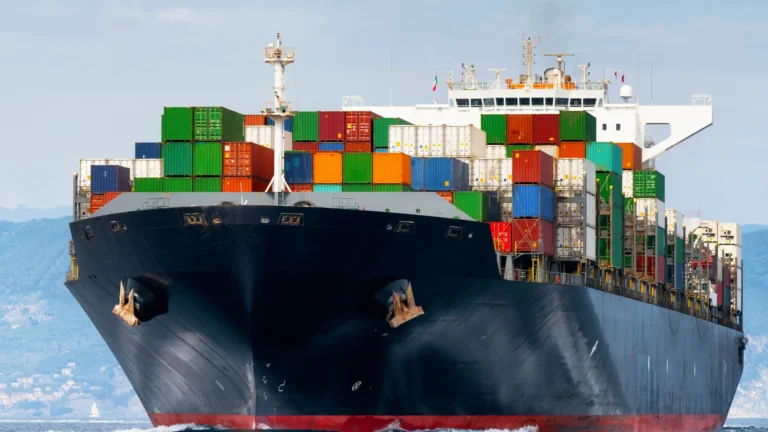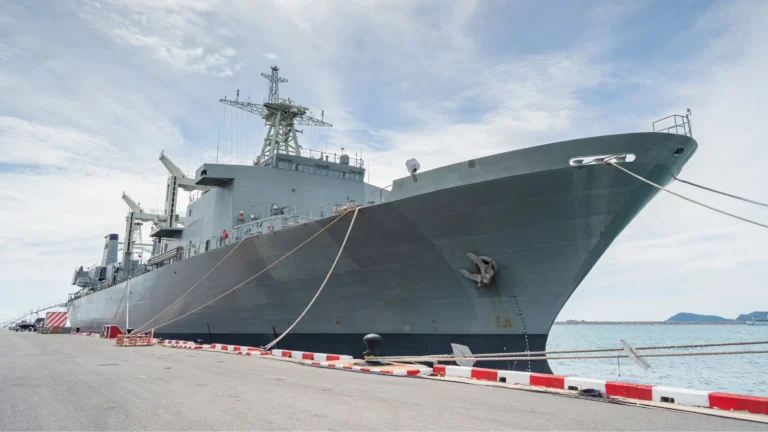What England Is Paying High Prices to Import
Today, England (part of the UK) is spending more money than ever on certain imported goods. With global prices rising, shipping costs increasing, and trade agreements changing, it’s important to know what is being imported, why it’s expensive, and how this affects the UK economy.
1. What Goods Are Imported at High Prices?
In 2025, some of the most expensive products shipped to the UK include:
- Machinery and transport equipment
This includes cars, aircraft parts, and industrial machines. These are essential for businesses and manufacturing, but they often come with a very high price tag. - Crude oil and refined fuels
The UK imports large amounts of oil to power vehicles, industries, and homes. Because of global supply limits and shipping delays, oil has become one of the costliest imports. - Pharmaceuticals and chemicals
Medicines and advanced chemicals, especially those used in health care and agriculture, are also shipped at high prices due to demand and strict regulations.
2. Why Are These Imports So Expensive?
There are several reasons why these goods are coming into the UK at higher costs:
- Trade tariffs
Recent tariff changes, especially from the United States, have added extra costs to many imported items. For example, some UK goods now face up to 25% in extra charges when coming from or going to other countries. - Shipping and fuel price increases
Ocean freight costs have surged over the past year. This is mostly due to fuel prices, container shortages, and port delays. The longer it takes and the farther a product travels, the more expensive it becomes. - Currency fluctuations
When the British Pound weakens against other currencies like the US Dollar or the Euro, it raises the price of imports.
3. What’s Happening Right Now?
As of mid‑2025, the UK is seeing:
- A growing trade deficit — meaning it is importing more than it is exporting.
- Higher consumer prices — especially for cars, fuel, electronics, and health products.
- Ongoing global uncertainty — such as tariff negotiations between the US and China, which also affect UK shipping routes and supply chains.
4. Then vs. Now — A Simple Comparison
| Item Type | Then (2024) | Now (2025) |
|---|---|---|
| Machinery & Vehicles | Already expensive due to demand | Even pricier due to tariffs |
| Crude Oil | High, but stable | Volatile and more expensive |
| Medicines | Consistent import level | Costlier due to new trade rules |
| Electronics | Pricey, but manageable | Jumped due to chip shortages |
5. Semantic Keywords (Naturally Used)
Here are some relevant keywords used throughout the article:
- High‑value UK imports
- Expensive UK shipments
- Machinery import prices
- Crude oil cost UK
- Trade tariffs UK 2025
- Shipping cost rise
- UK trade deficit trends
6. Easy Summary with Transition Words
- To begin with, England imports large amounts of machinery, fuel, and medicine.
- However, many of these products are now much more expensive due to tariffs, shipping fees, and inflation.
- In addition, recent global events have made it even harder to manage import costs.
- As a result, prices for both businesses and consumers are continuing to rise.
- In the future, better trade deals and stable fuel prices could help, but for now, imported goods remain costly.
Final Thoughts
In conclusion, England is currently importing many high‑price items, including machinery, oil, and pharmaceuticals. The rise in global shipping fees, tariffs, and currency changes is making these goods more expensive than ever. As these costs continue to affect daily life, it’s important for businesses and consumers to stay informed and adjust spending wisely.




http://tadalmedspharmacy.com/# Generic Cialis without a doctor prescription
buy zithromax online generic zithromax zithromax z- pak buy online
buy amoxicillin: Amoxicillin 500mg buy online – amoxicillin price without insurance
buy amoxicillin: where can i buy amoxicillin without prec – Purchase amoxicillin online
http://clomicareusa.com/# Clomid fertility
https://zithromedsonline.shop/# buy zithromax online
zithromax z- pak buy online generic zithromax zithromax z- pak buy online
buy zithromax: ZithroMeds Online – zithromax z- pak buy online
Buy Amoxicillin for tooth infection: buy amoxicillin – AmoxDirect USA
https://regrowrxonline.com/# cost of generic propecia online
AmoxDirect USA: cost of amoxicillin – Purchase amoxicillin online
can i purchase generic clomid without rx Clomid fertility Clomid price
buy clomid: buy clomid – Generic Clomid
https://regrowrxonline.com/# Propecia 1mg price
https://zithromedsonline.com/# buy zithromax
Propecia 1mg price: buy finasteride – buy propecia
Propecia prescription Propecia 1mg price RegrowRx Online
cost of generic clomid without prescription: can you buy clomid without a prescription – Generic Clomid
https://clomicareusa.shop/# ClomiCare USA
buy zithromax online: cheap zithromax – zithromax z-pak
ZithroMeds Online [url=https://zithromedsonline.shop/#]where to buy zithromax in canada[/url] buy zithromax
can i buy cheap clomid without dr prescription: Generic Clomid – Buy Clomid online
buy amoxicillin: Buy Amoxicillin for tooth infection – AmoxDirect USA
https://amoxdirectusa.com/# Purchase amoxicillin online
Best place to buy propecia order generic propecia price Propecia buy online
https://regrowrxonline.com/# Propecia buy online
Generic Clomid: Generic Clomid – cost generic clomid for sale
Clomid fertility: Generic Clomid – Generic Clomid
cost propecia without rx Propecia buy online buy finasteride
quatro wheel of fortune casino game rules (Doug) canada, casino bonus uk and united statesn real
pokies online, or best online casino new zealand fast payouts
can you buy generic clomid: Clomid for sale – Clomid fertility
amoxicillin 500 mg brand name: Amoxicillin 500mg buy online – buy amoxicillin